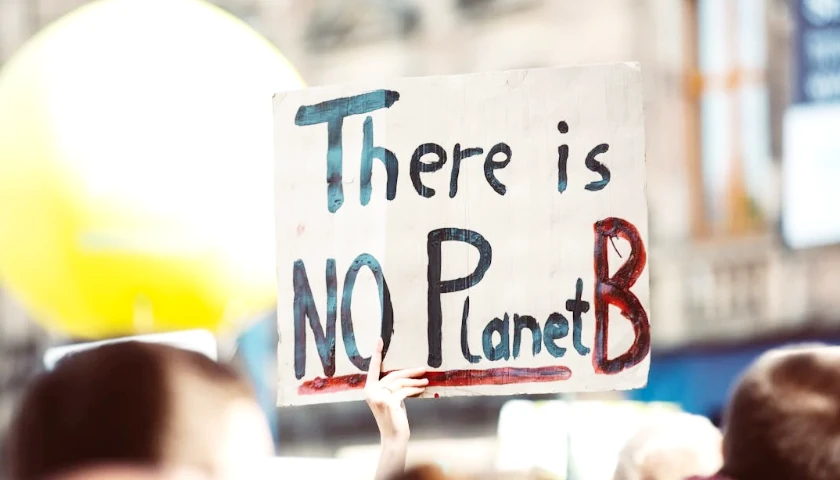by Scott McClallen
Gov. Gretchen Whitmer announced the state will increase state-owned facility renewable energy by 85% by 2025, up from the current 15%, but didn’t explain how.
The governor announced the goal on April 22 to coincide with Earth Day.
Whitmer cited a partnership between the state and energy providers DTE, Consumers Energy, and Lansing Board of Water and Light. Energy purchased from the utilities will expand those companies’ renewable energy portfolio in Michigan.
Whitmer’s office didn’t respond to The Center Square’s inquiries for further information or a cost estimate.
“Since my first day in office, we’ve continued to make real, lasting progress on environmental and climate issues across our state,” Whitmer said in a statement. “By moving state-owned buildings to 100 percent clean, renewable energy, we are working towards protecting public health and our environment, while attracting more clean energy jobs to Michigan. Actions like this and the MI Healthy Climate Plan will be paramount within the next 10 years to reduce the harmful impacts of climate change.”
The state is also launching a government department team to identify a potential solar-power footprint and deploy solar power across state-owned properties.
Jason Hayes, Environmental Policy director at the Mackinac Center for Public Policy, called the announcement “an accounting gimmick.”
“If you actually tried to run your building just on renewable energy, you would only have electricity for a few hours of the day,” Hayes said in a phone interview with The Center Square.
Instead, Hayes said the state will invest in renewable energy credits or spend money to build more wind turbines so they can say, on paper, they’re achieving the goal.
If all state offices ran exclusively on renewable energy, that would mean inconsistent energy, flickering lights, and power outages since renewable energy has intermittency problems, Hayes said.
“The wind doesn’t blow 24/7 and the sun doesn’t shine 24/7 so there’s no real way you can run a building on renewable energy unless you don’t mind having the light go on and off, or the air conditioner or the computer,” Hayes said.
The only reason the electric grid is reliable is because of nuclear plants, coal or natural gas running in the background, Hayes said.
Although the announcement touts improving Michigan’s environment, it comes at the cost of harming China’s environment, Hayes added. The United States receives a majority of rare earth minerals used in batteries to store energy, solar panels, and wind turbines from China, which has fewer environmental regulations than the United States, he explained.
“So we just offshore our environmental damage and let the Chinese deal with it, and sit here and feel smug and happy about how green we are building solar and wind when really, we’re just giving all our environmental impacts to the Chinese, or people in the Congo. We’re just doing environmental damage somewhere else,” Hayes said.
About half the world’s supply of polysilicon, a raw material critical to the manufacture of most solar panels, comes from Xinjiang, a region where U.S. officials have accused China of imprisoning Uyghurs, a Muslim minority, for forced labor to make solar panels, the Wall Street Journal reported.
China denies the accusation.
Local groups applauded Whitmer’s measure.
“DTE Energy is proud to play a leading role in helping the state of Michigan achieve its sustainability aspirations through enrollment in DTE’s CleanVision: MIGreenPower voluntary renewable energy program,” Jerry Norcia, President & Chief Executive Officer of DTE Energy, said in a statement “As the state’s leading producer of renewable energy, DTE remains committed to increasing clean energy generation, creating a more sustainable future for all Michiganders.”
The goal aligns with a Whitmer executive order to set an economic decarbonization deadline in Michigan by 2050. The state says transitioning to carbon neutrality will mitigate the future harms of climate change.
Executive directives can be reversed by future governors, however.
– – –
Scott McClallen is a staff writer covering Michigan and Minnesota for The Center Square. A graduate of Hillsdale College, his work has appeared on Forbes.com and FEE.org. Previously, he worked as a financial analyst at Pepsi.





